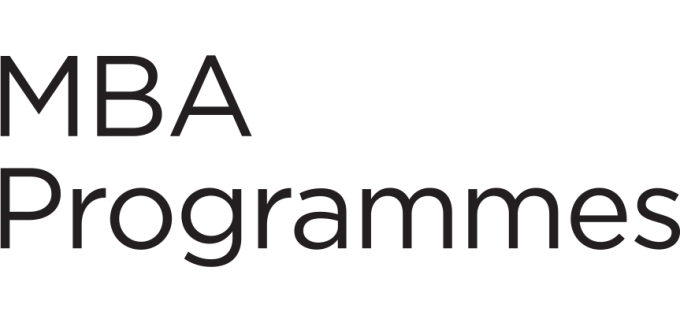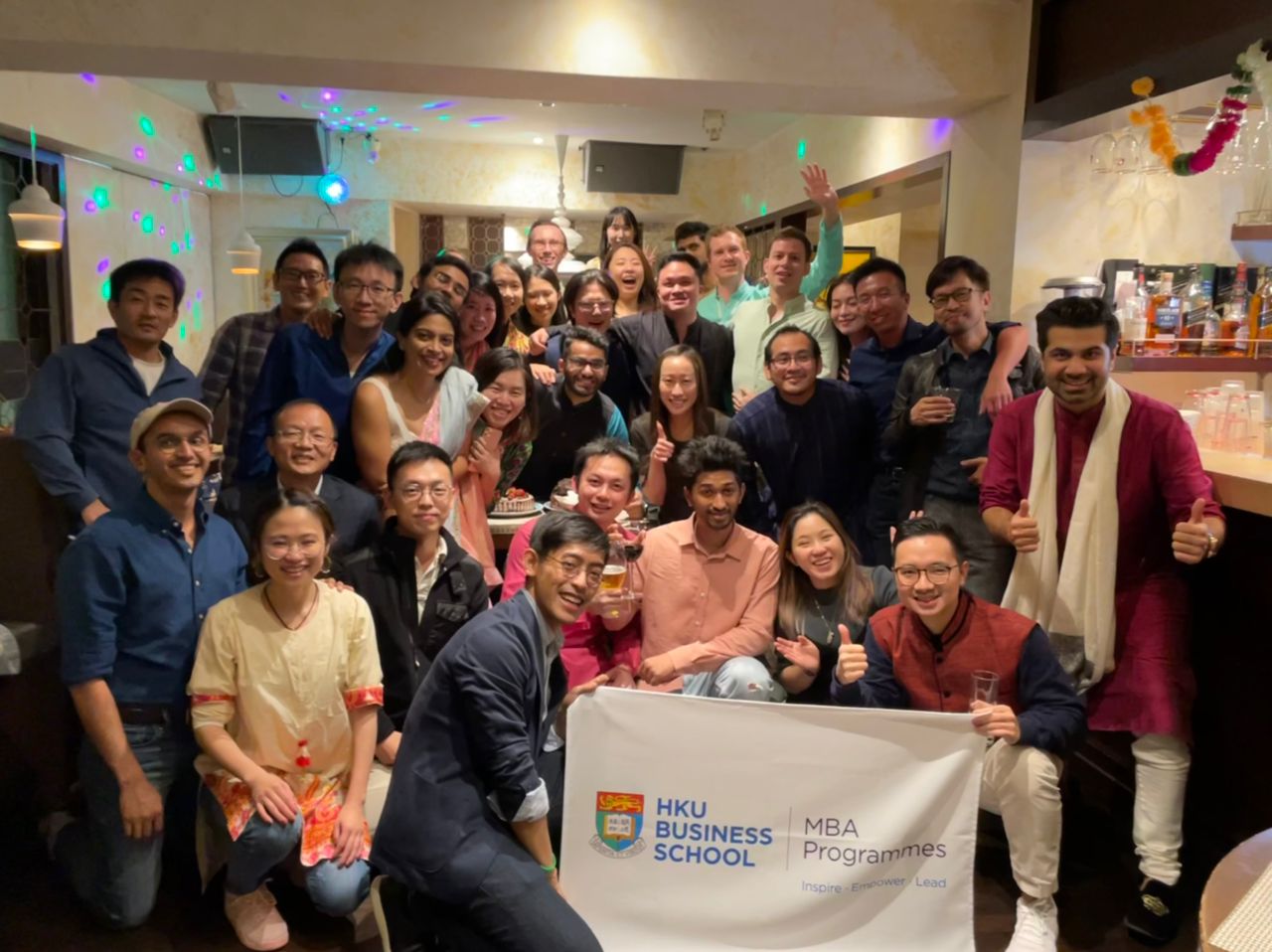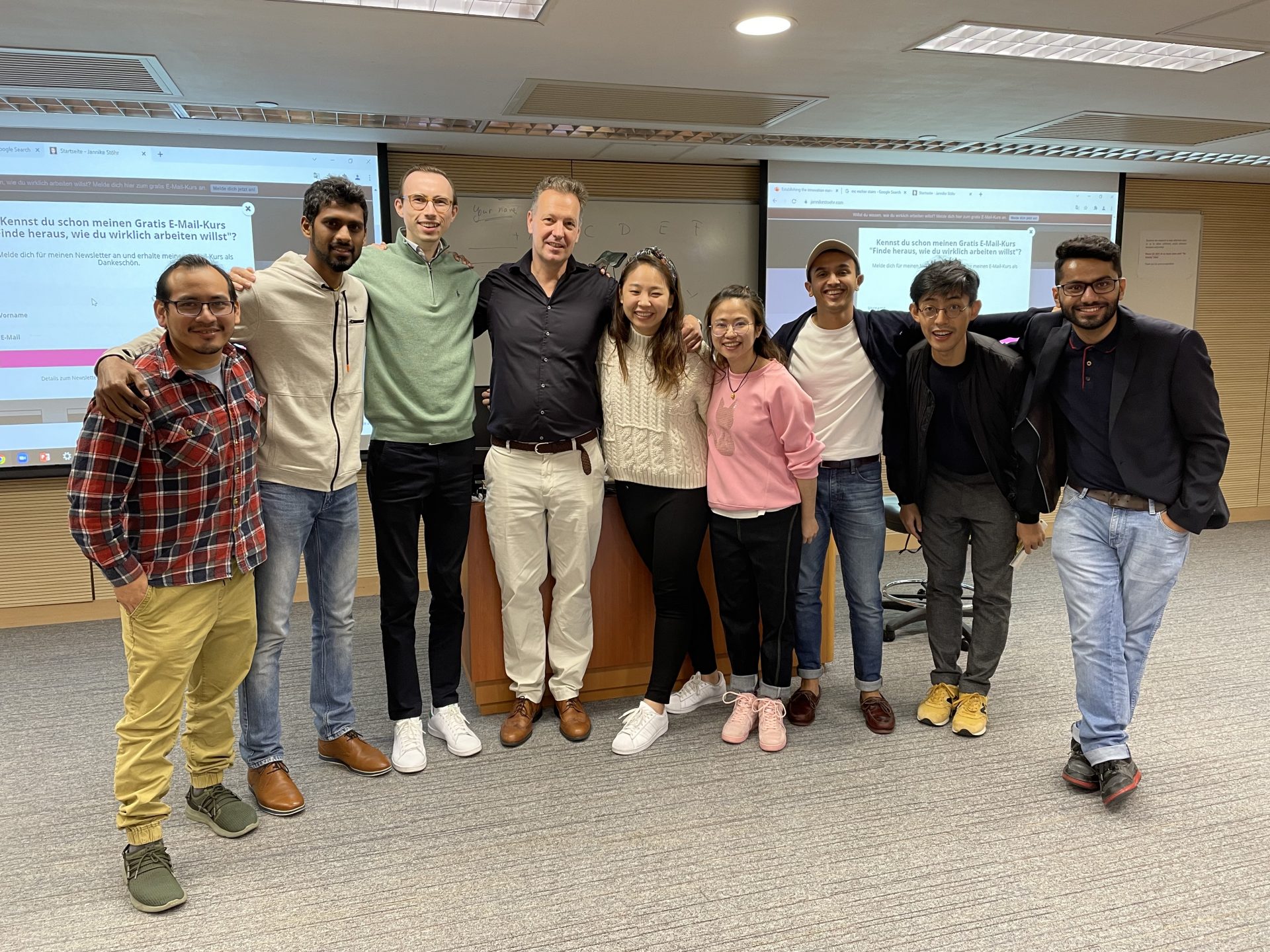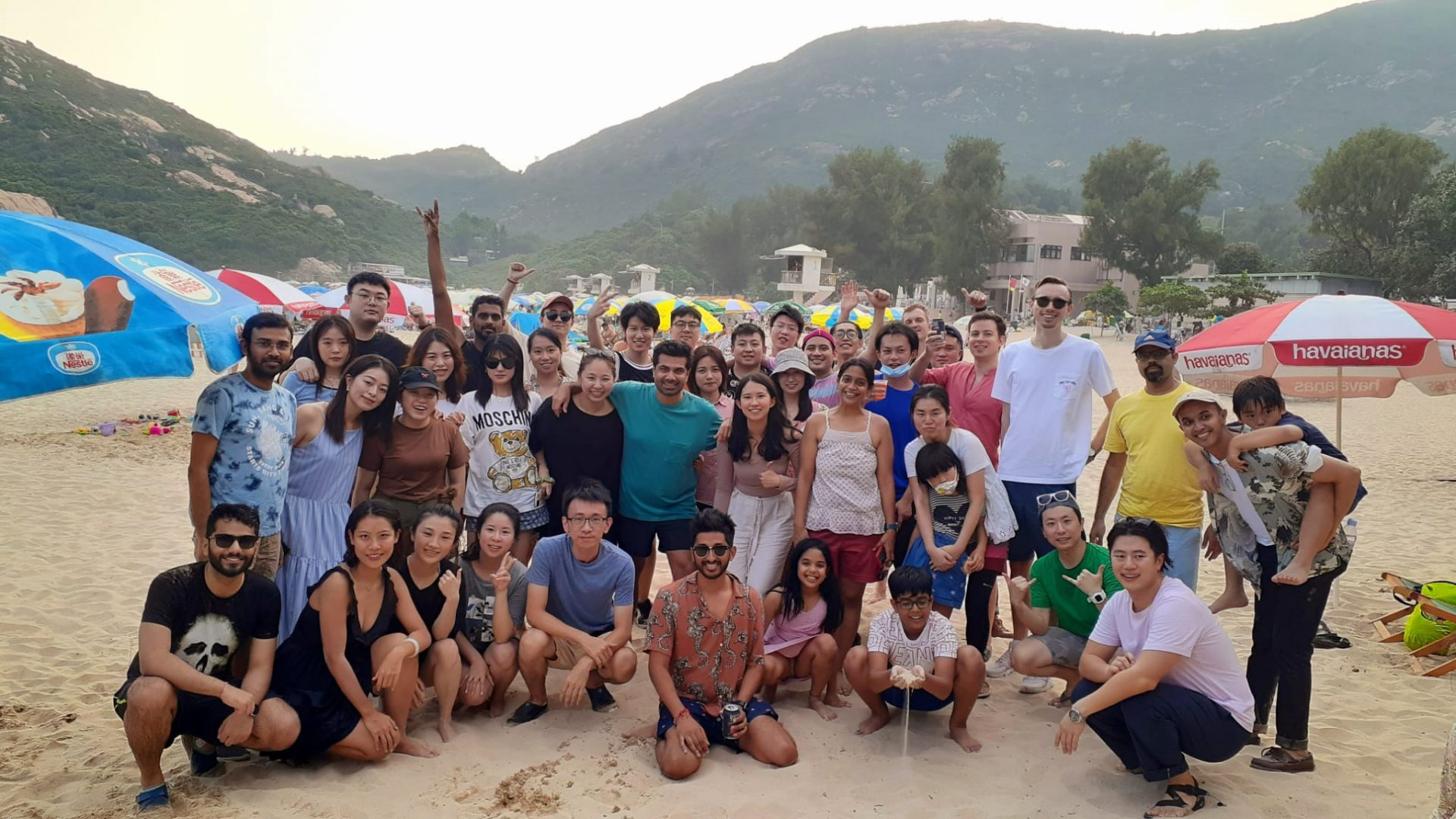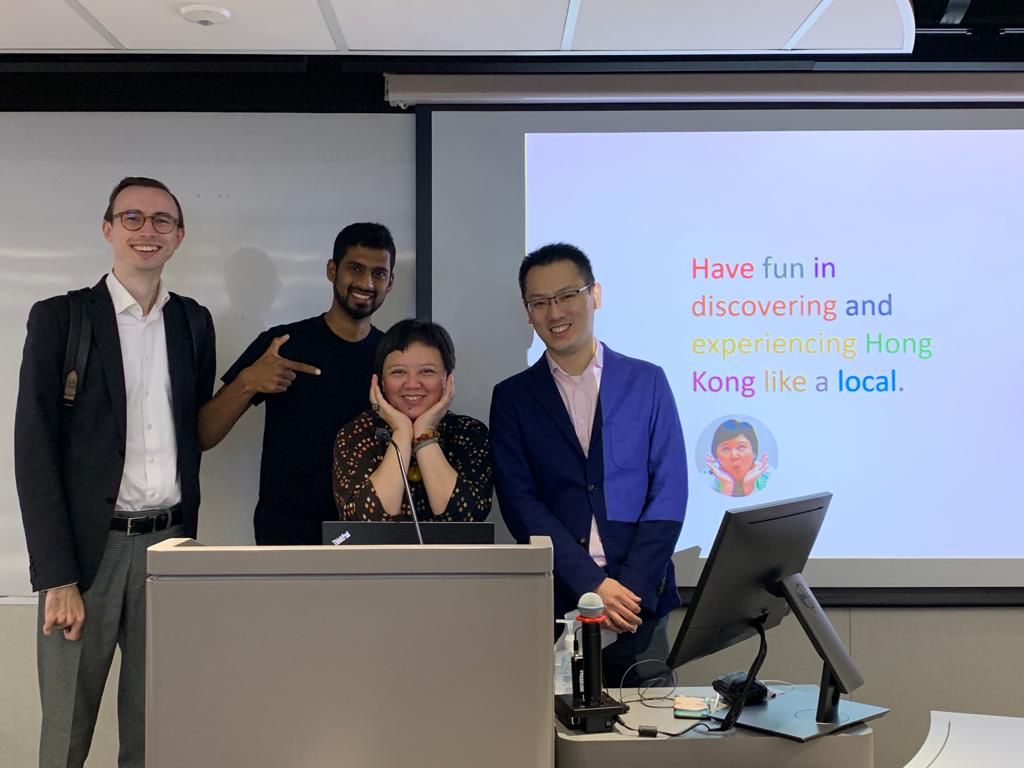Knowledge Exchange
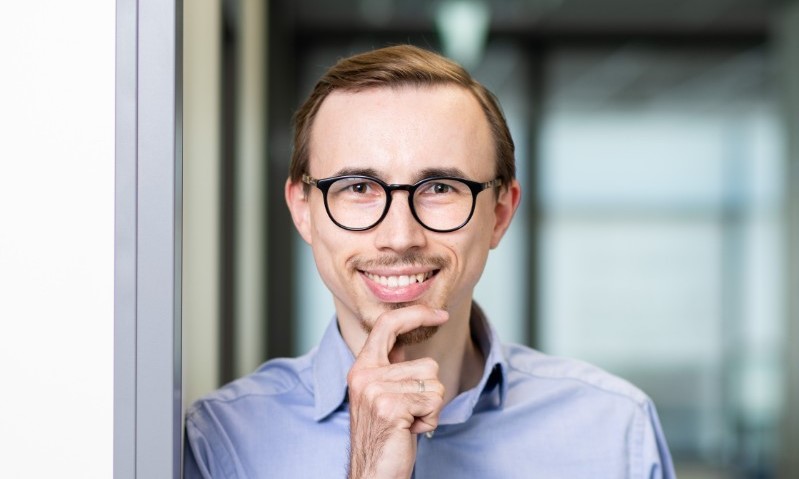
How to adapt to a multicultural environment
How much do you know about their values, underlying cultural foundation, and beliefs? How familiar are you with their histories, heroes, traditions, and customs? The HKU MBA team spoke with Karolis Navickas, current full-time MBA student (Class of 2022) to learn about his culture adoption in Hong Kong. Karolis is from Lithuania, one of three Baltic states, located on the eastern shore of the Baltic Sea.
HKU MBA: Karolis, it is amazing you came all the way from Lithuania. The relocation from Europe to Hong Kong must have been a challenge. First of all, can you please tell us why you chose Hong Kong for your place of study?
Karolis Navickas: I chose Hong Kong for three main reasons. Firstly, Hong Kong is one of the top business centres in the world where you can learn best practices in finance, consulting, and supply chain, etc. Secondly, Asia is the fastest-growing region in the world where you can build an amazing network and be a part of the change. Thirdly, Hong Kong has a well-known education system where you can be at the centre of new ideas.
Changing locations and doing something outside my comfort zone during the COVID-19 pandemic was very challenging for me and my wife. But do not regret that – I think it has strengthened me even more as a person.
HKU MBA: Tell us about your experience working with students from diverse cultural backgrounds.
Karolis Navickas: It is an amazing experience from both a professional and personal perspective. In our class, we have students from 12 different nationalities and a variety of backgrounds, industries, sectors, and education. All the experience is priceless. I think that group projects are the most interesting when looking into diverse cultural background perspectives. Every course consists of a group project – sometimes only 3 teammates, sometimes 8 people in the group. Solving different business cases with people who have experience in China, India, Japan, Europe and the U.S. helps you to learn much more than doing MBA in your local environment would.
I would say that when people are outside their comfort zone working with new tools, people, and content, they learn and grow much more. I feel that being surrounded by and learning about these cultural differences helped me to grow on a personal level.
HKU MBA: What do you see as the most challenging cultural aspects of Hong Kong and what would your advice be to tackle such challenges?
Karolis Navickas: I would say language is the biggest barrier. Different nations have different words to describe the same objects. People who come to study for their MBA also have a different vocabulary. It is not about good or bad language, it is about cultural differences. Sometimes you have something in your mind and you think that others will understand what you want to say. But life is a complex thing and languages can define different situations. So, I would say that when it comes to cultural differences, language is the most challenging aspect of living in Hong Kong.
HKU MBA: How do you cope with your new life here in Hong Kong? What are some cultural experiences have you enjoyed?
Karolis Navickas: So far everything is amazing! I enjoy all parts of Hong Kong – from the food and people, to the architecture and noisy sounds in Mongkok. My wife and I are foodies, so food plays a big part in our life in Hong Kong. We have tried lots of great places in Tin Hau, Causeway Bay, Tsim Sha Tsui, and other districts. Eating Dim Sum, spending time with friends in a local HK coffee shop and drinking milk tea with a pineapple bun is something that I will remember forever. Playing basketball is another experience I want to share. I played basketball for the University with my classmates. During weekends we practised together in different courts surrounded by skyscrapers. Sometimes, I come to enjoy the courts alone and play with local Hong Kong people, which has been a great experience. The working environment in Hong Kong is very different from Europe. I had the pleasure of interning at Deloitte in Hong Kong, working with highly skilled, well educated people. This amazing work experience allowed me to gain exposure to the working culture in Asia.
HKU MBA: What are some tips to prepare expatriates or overseas MBA students for Hong Kong?
Karolis Navickas: I would say homework is the best way to enjoy your time as soon as possible. My recommendations would be:
● Analyse what kind of documents you need to enter HK
● Make connections with current students and alumni – they are very generous and willing to help
● Do research on neighbourhoods in Hong Kong to decide where you would like to live. You could check videos on YouTube – there are lots of great content where people are walking on the HK streets
● Connect with your country’s local community – they already live in the city and can help to settle in
● Set realistic expectations – you will enjoy more if you prepare for the worst but expect the best


